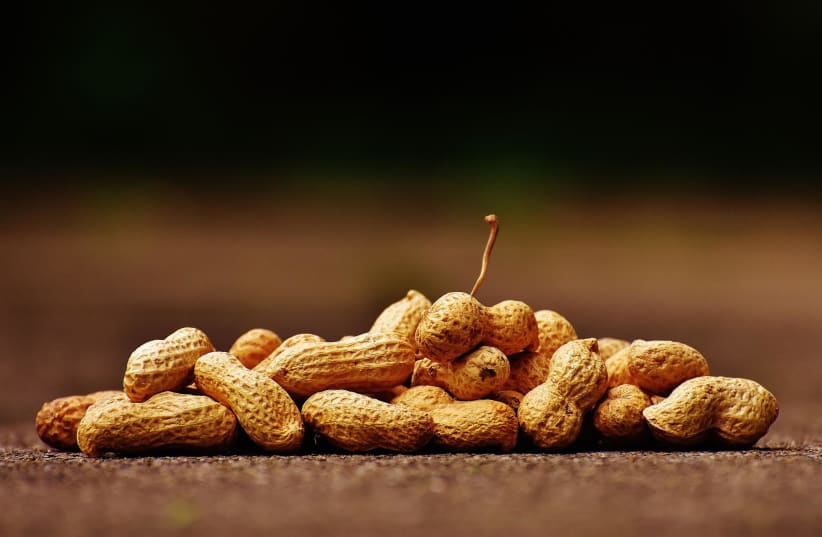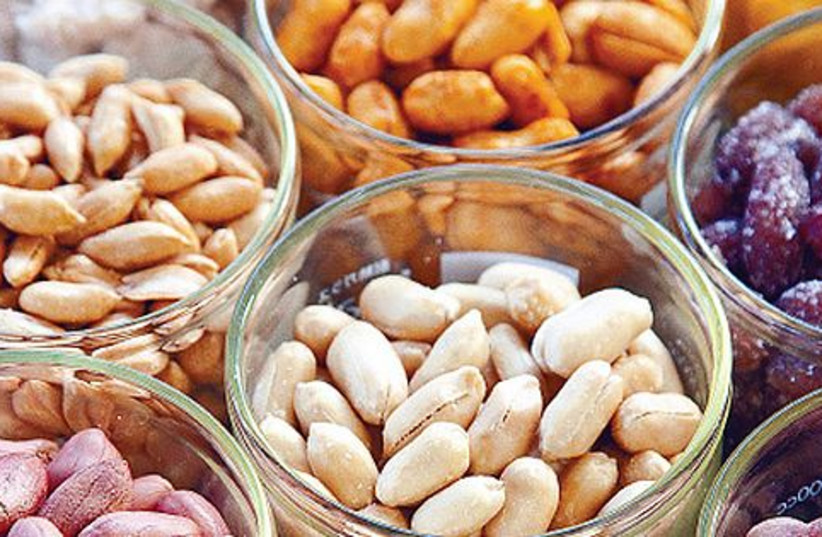Nuts have long been considered a superfood due to the important nutrients they contain.
Many studies have found that they help with weight loss, heart health, improving fertility, etc. Also, nuts are tasty, easy to eat on the go, and a good source of plant protein, especially for those who eat little or no animal products.
Eating nuts can help a person consume enough protein, which is needed to build bones, muscles and skin. Protein also increases the feeling of fullness and will help you stay satisfied and full of energy. All nuts contain protein, some more than others. Here are the five most prominent types.
Almonds
Almonds are seeds, but they're called nuts, and they contain the highest amount of protein of any nuts. Almonds are also loaded with antioxidants: Plant compounds that protect the body from oxidative stress caused by free radicals which can cause aging, heart disease and some types of cancer.
The skin that surrounds almonds contains the highest concentration of antioxidants, so it's best to eat unpeeled almonds to reap their health benefits.
Walnuts
Walnuts are considered the healthiest nuts because they contain the highest amount of antioxidants. They also have substantial amounts of protein, vitamins, minerals, dietary fiber, essential fatty acids and a large amount of omega-3.
Although walnuts have a high caloric value, the fat in them is a healthy fat which gives a feeling of satiety and helps with weight loss. Their fatty texture and how they feel in the mouth make these nuts an excellent addition to plant-based meat substitutes which increases their protein content.
Pistachios
Nuts such as almonds, pecans and walnuts are usually high in calories, but pistachios are relatively low in calories.
There are 560 calories in 100 grams of pistachios compared to 730 in pecans. Protein is 20% of the weight, and pistachios are second only to almonds in having the most protein in the entire nut family. Pistachios also have a high amount of essential amino acids.
Cashews
Cashews are really tasty yet surprisingly contain fewer calories than most other nuts: 553 calories per 100 grams.
They're also rich in minerals like iron, magnesium, phosphorus, zinc, calcium and potassium and provide lots of protein.
Peanuts
Peanuts are a good source of protein, fiber and a variety of important vitamins and minerals including potassium, magnesium and folic acid. The amount of protein in them is similar to chicken, meat, or cheese products.
Peanuts also contain a substance called resveratrol which helps prevent blood vessel constriction so that clots won't form, and the body utilizes resveratrol as an antioxidant that helps protect against accelerated aging processes.

